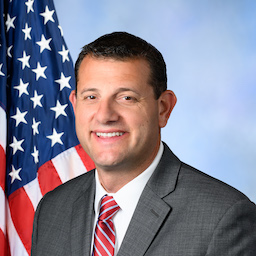The House Committee on Appropriations
The United States House Committee on Appropriations is a committee of the United States House of Representatives responsible for passing appropriation bills along with its Senate counterpart. The bills passed by the Appropriations Committee regulate expenditures of money by the government of the United States. As such, it is one of the most powerful of the committees, and its members are seen as influential. They make the key decisions about the work of their committees: when their committees meet, which bills they will consider, and for how long.
The Appropriations committee is widely recognized by political scientists as one of the "power committees," since it holds the power of the purse. It is one of the exclusive committees of the House, meaning its members typically sit on no other committee. Much of the power of the committee comes from the inherent utility of controlling spending. Its subcommittee chairmen are often called "Cardinals" because of the power they wield over the budget.
Congressman Valadao serves on three subcommittees:
Subcommittee on Legislative Branch
The Subcommittee has jurisdiction over the Architect of the Capitol, Capitol Police, Congressional Budget Office, Congressional Office for International Leadership, Government Accountability Office, Government Publishing Office, House of Representatives, John C. Stennis Center, Joint Items, Library of Congress, Office of Congressional Workplace Rights, Senate, and the United States Capitol Preservation Commission.
Subcommittee on Defense
The Subcommittee has jurisdiction over Departments of Army, Navy (including Marine Corps), Air Force, Office of Secretary of Defense, and Defense Agencies (except Department of Defense-related accounts and programs under the Subcommittee on Military Construction and Veterans Affairs, and the Army Corps of Engineers—Civil), Central Intelligence Agency, and the Office of the Director of National Intelligence.
Subcommittee on Agriculture, Rural Development, Food and Drug Administration
The Subcommittee has jurisdiction over the Department of Agriculture, the Farm Credit Administration, the Commodity Futures Trading Commission, and the Food and Drug Administration.
Read more about the Appropriations Committee here.

